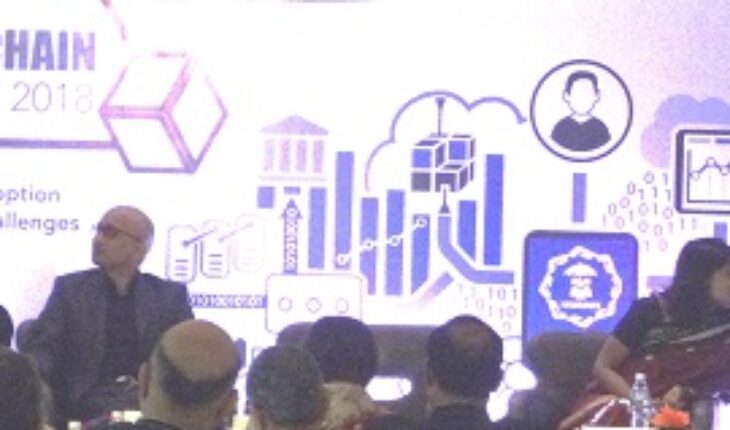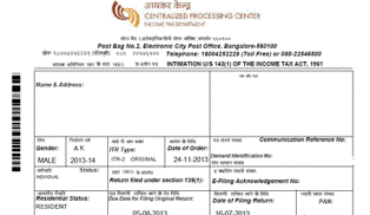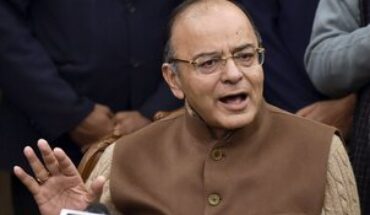“Blockchain technology, which is making news in the digital frontier space today, is the ‘least hackable system” at present but no one can say that it will ‘never be hacked’. Blockchain offers privacy but the key is having everyone concerned on board, and with the present scenario witnessing banks, insurance, trade finance, loan disbursers etc facing so many problems that are appropriate for use of Blockchain, the time is right to jump on the Blockchain bandwagon,” Mohua Sengupta, EVP & Head, Services, 3i Infotech said while speaking at the Blockchain Summit 2018 on Blockchain Adoption Strategy and Challenges.
Aalekh Sharan, Officer on Special duty to CEO, NITI Aayog, Government of India, said Blockchain has potential as a tool for cooperation between people, while also making technology simple yet efficient. Various enterprises including public and private could use Blockchain with the Database communication powered in a secure way, and many countries like Estonia, Georgia are using it though the challenge lies in defining the scope of its usage, he said, adding “There is a whole suite of anti-hacking technologies usable for maintaining IT privacy and such coordination will occur when we have more projects and large-scale synergies between Governments.”
Mukesh Kumar Sharma, Deputy Director – Department of IT & Communication, Government of Rajasthan, said about 4.5 crore people are covered by the insurance industry in Rajasthan with all relevant information stored on Blockchain. “1400 hospitals in the State are collaborating with the Government about people’s medical history data that is cryptographically stored on Blockchain,” he added.
Anand Pejawar, President—Operations, IT & International Business, SBI Life Insurance Company Ltd, while humorously describing “Blockchain as being similar to UFOs (Unindentified Flying Objects),” highlighted the insurance industry’ s activities opening up in 2000-2002 to grow to 24 companies today, but witnessing crooked “cartels” — that were detrimental to the insurance industry – operating also.
“Two years back, a +Life Insurance Consortium+ was formed by 12 insurance companies – now grown to 19 — and the focus is on creating a paperless environment by using the Blockchain platform for sharing information. Reinsurers also asked to be on Blockchain, where value-added services can also be provided. However, awareness about Blockchain is the need of the hour with associated regulators having proper understanding of it — like in the case of Gujarat’s “Gift City” which has a single regulator handling its details,” Pejawar noted.
“Around 19 insurance companies are in the loop today and intend using Blockchain technology but require Government support. So we are moving in the direction of getting stakeholders onboard,” he said, adding that while working on necessary neccessary details to put on Blockchain, the closed group also worked out an agreement for sharing information.
Describing Blockchain security and the Hospital’s data confidentiality of primary importance, Rajesh Batra, Vice-President – Kokilaben Dhirubhai Ambani Hospital, said the hospital’s biggest worry was how to prevent hacking if the hospital goes on Blockchain. “We had 3 million hacking attempts per day and, as we have celebrities information on record, we try to figure out what the hackers are seeking in our database,” he pointed out.
Ranjit Satyanath, Head—Technology Ops, Infiniti Retail Ltd, while describing the retailing industry as a +laggard+ — since no one knows even today whether they are getting fakes or originals online – said that the use of cryptocurrency is something the industry is interested in , especially in eCommerce.
Surajit Biswas, e-Governance Solution Head, 3I Infotech, urged for storage of data on Blockchain including land records — where frauds were being detected due to improper maintenance – that could be easily protected by Blockchain. “Today, even Elections can be held by using Blockchain, though the Government should be willing to allow it. Blockchain is invisible but has computating power alongside the underlying philosophy that its failure is impossible. Besides, Government budget allocations to all targets and locations also can be monitored to all extent for avoiding leakages,” he said.
“We started Blockchain in the healthcare sector which is moving fast in the Government domain. While the Blockchain platform ownership is not there presently, it should be with the Government which can tackle and implement all connectivity decisions including technology. Social media companies too can use Blockchain due to its potential use in disclosing the data sharing in complete transparency. WatsApp and others are facing problems of +Fake News+ and the Blockchain has potential for dealing with this,” Biswas said.
To a query whether Blockchain will cut or create jobs, he said there was huge demand for Blockchain though people would need to be +re-skilled+ in this or any other ‘disruptive’ technologies. “The present shows more jobs being added,” he said.
A bank representative said the Government needs to give a push to Blockchain technology to pick up its pace in usage, besides also providing a regulator or autonomous body to handle it, as this was badly needed in reducing costs in industry and other sectors. Although Aadhar is used for KYC, one incident showed a person having three Aadhar cards for three different companies, he said.
Sumnesh Joshi, Assistant Director-General, UIDAI RO—Mumbai, Government of India, said Aadhar usage has resulted in efficient services with results being produced in barely few hours – instead of months, days and weeks. However, from the customer perspective, security and privacy needed to be noted and the Government had introduced “Virtual ID” for privacy-seeking persons not wanting to share their ID number, while the Aadhar 12-digit number served as a financial address, he said.






